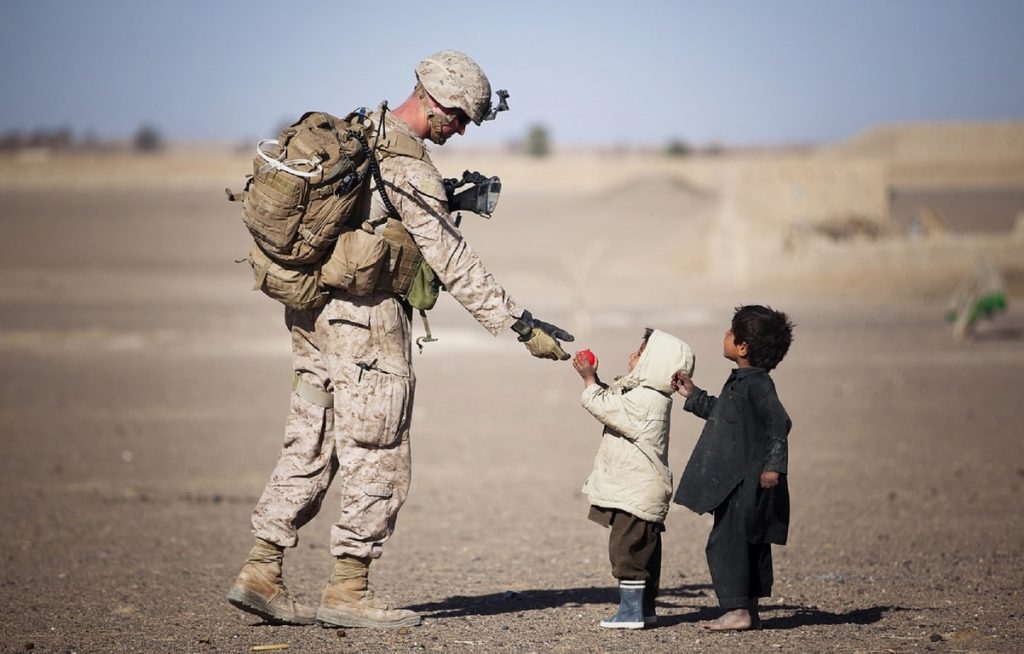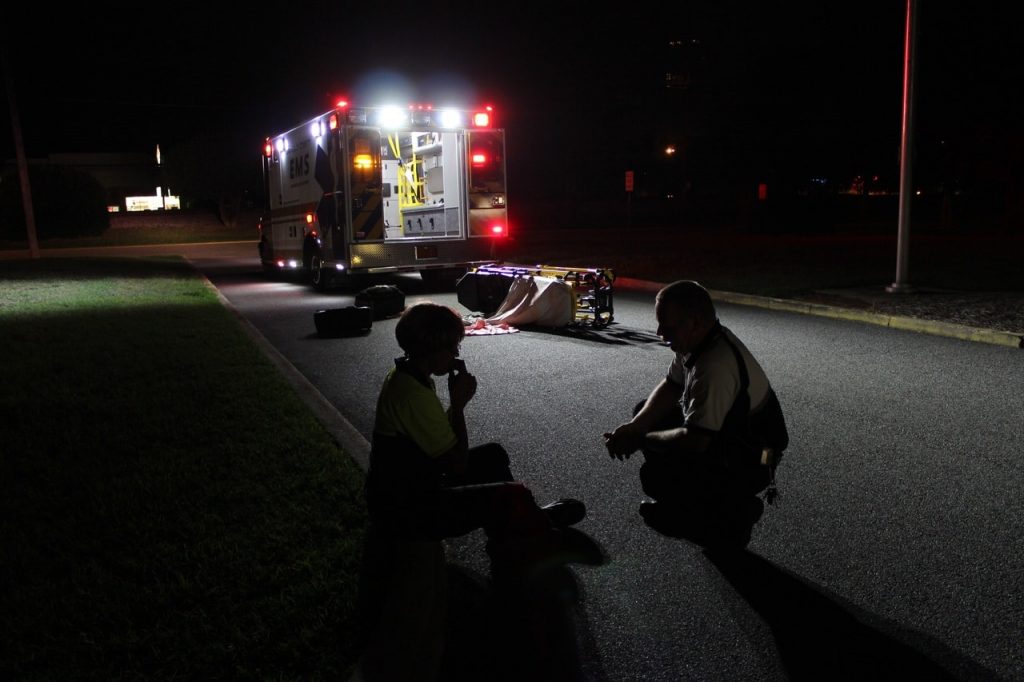

Many have heard the term post-traumatic stress disorder (PTSD) but what does that really mean? Post-traumatic stress disorder is a psychiatric condition in which the person suffering has either experienced or witnessed a terrifying or traumatic event such as a natural disaster, a serious accident such as a car crash, combat in war, rape, or some other type of violent personal assault. The symptoms of PTSD are often grouped into four categories; intrusive memories, avoidance, negative changes in thinking or mood, and changes in physical or emotional reactions.
Symptoms of intrusive memories may include recurrent and unwanted memories of the event that cause or trigger distress, flashbacks or reliving the traumatic event(s) as if it were currently happening. Terrifying dreams or nightmares related to the incident may occur, along with severe emotional distress or physical reactions to things that remind you of the traumatic event.
Symptoms of avoidance usually include trying to avoid thinking or talking about the event and avoiding people, places, or things that may remind you of the event.
Negative changes in thinking or mood may include symptoms such as; negative thoughts about yourself, people, or the world in general, hopelessness about the future, memory issues, and difficulty maintaining healthy relationships.
Lastly, symptoms of changes in physical or emotional reactions are being easily startled or frightened, always being on guard for danger, trouble sleeping or trouble concentrating, and overwhelming guilt or shame.
If you are suffering from any of these symptoms, and have also experienced a traumatic event, you may have what is known as PTSD, or post-traumatic stress disorder. There is no shame in asking for help and you may want to consider reaching out to a mental health professional so that they can help you better manage the symptoms.

It is estimated that one in eleven people will be diagnosed with PTSD at one point in their lives. Though, this may be true, there are certain jobs within the community that put people at a higher risk to experience a traumatic event. People in the military, both men and women, people on the police force, first responders such as fire fighters, border patrol agents and people in the healthcare industry all have jobs that are more likely to expose them to traumatic experiences that can affect mental health.
There has long been a link between drug use and PTSD, as sufferers likely turn to drugs or alcohol in order to cope with the devastating symptoms they experience because of the traumatic events they have gone through. For instance, people who suffer from PTSD are 14 times more likely to develop substance use problems of some kind. Research also has found that people with PTSD are much more likely to abuse alcohol over other illicit drugs such as cocaine or methamphetamine. That is not to say, though, that some sufferers of PTSD do not abuse other drugs as well, because they commonly do.

It is no secret that our military members engage in, or witness, acts of war or combat. In recent times, between the years of 1995 and 2012, there has been a 52% increase in the amount of veterans receiving treatment for a substance abuse disorder, this is most likely because of the recent “war on terror” in Iraq and Afghanistan.
It is estimated that 27% of veterans who suffer from PTSD also develop an addiction to drugs or alcohol.
– National Institutes of Health
The reintegration of our veterans is often difficult, as they are forced to adjust quickly and without much guidance or supervision. This often leads them to trying to self-medicate their symptoms. Unfortunately, many are afraid to ask for help, due to the negative stigma surrounding addiction.
For the men and women in our police forces, they are often the first line of defense, causing them to witness and experience some traumatic events. It is estimated that around 7-19% of police officers suffer from PTSD at any given time; compared to the 3.5% of the average population, or one in eleven people. A recent study showed that roughly 25% of people who serve on the police force also suffer from a substance abuse disorder, with the majority of them turning to alcohol-- though some say that number is inflated, and that the actual percentage is closer to 16. Either way, the studies concluded that many turn to alcohol in order to help them sleep and ward off any nightmares they may be experiencing.

Those who serve in the fire department also are often the first responders on the scene of many traumatic events, ultimately leading to PTSD. Studies have shown that the number of firefighters who suffer from this condition ranges anywhere from 7-37% at any given time, a rate that is similar to those who serve in the armed forces. According to a report done by the US Firefighters Association, nearly 10% of people in the fire service also struggle with a substance use disorder, with them being twice as likely to abuse alcohol than other substances, a number that is also double that of the general population. Many do not discuss their mental health issues in the firehouse, which likely leads them to self-medication.

Those in the healthcare field also encounter many situations that are considered to be traumatic, even more so today with the current pandemic that is sweeping across the globe. Consequences of the coronavirus only heighten the concern that healthcare workers may begin to experience post-traumatic stress. A study conducted several years before the coronavirus outbreak suggested that 22% of healthcare workers exhibit symptoms and that 18% met the diagnostic criteria for PTSD.
PTSD aside, doctors and nurses have one of the highest rates for addiction and substance abuse disorder, the reasons for that are ample: easier access to drugs, abusing substances to cope with long hours, or self-medicating to alleviate symptoms of an underlying mental health condition, such as PTSD.
It is good to recognize that people in these positions put their lives on the line every day, and they should not have to suffer in silence. Post-traumatic stress disorder is something that can be managed, but more people need to speak out about this condition so that more people feel comfortable discussing. If you, or a loved one, are suffering from an addiction to alcohol or drugs, or need help coping with symptoms of PTSD, please reach out to us for help, we are available 24/7!

